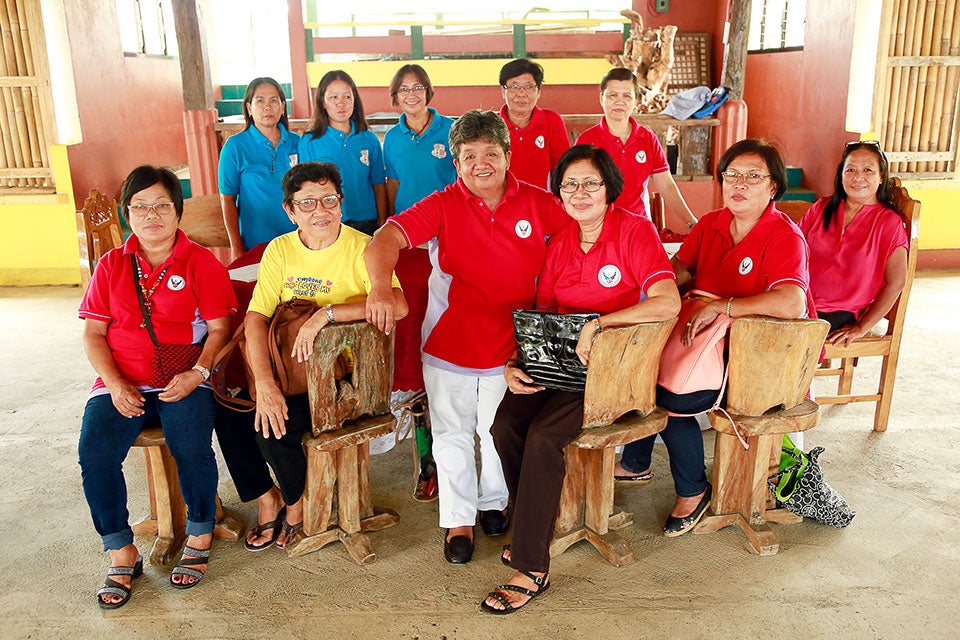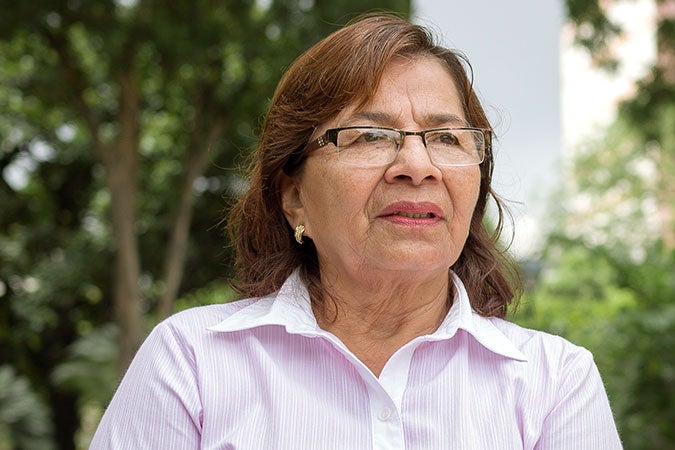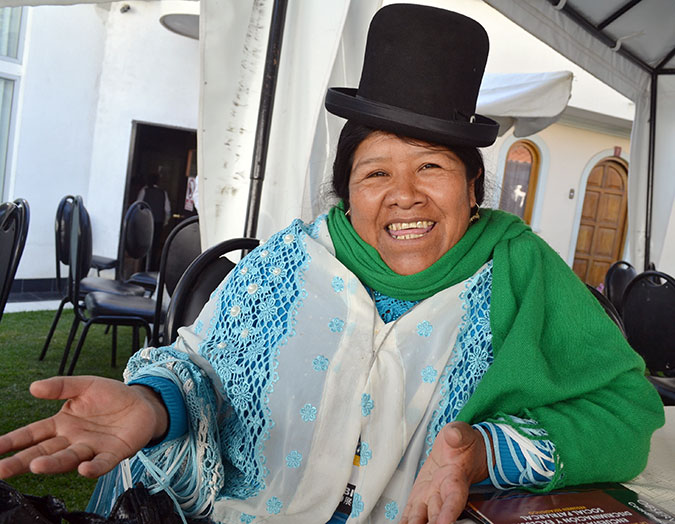Women organizing
Women have the right to organize in workplaces and communities. In fact, their participation in worker organizations, cooperatives, trade unions and self-help groups plays an important role in upholding women’s labour rights, ensuring decent work and defining policy priorities. By raising their voices together, women workers can negotiate to reduce gender pay gaps, increase pay and benefits, and improve working conditions. For example, in the United States, the wage gap between men and women is 11 per cent for union women, compared to 22 per cent for those who do not belong to trade unions. And in the United Kingdom, the wages of women union members are on average 30 per cent higher than those of non-unionized women [1].
Working towards women’s economic empowerment entails removing the barriers to women’s right to organize, including repressive laws, and promoting women’s participation and leadership in trade unions, worker and employer organizations and company boards.
Photo essay: In the Philippines, women migrant workers rebuild lives, advocate for each other
In the past two decades, an annual average of 172,000 Filipino women have left the country as migrant workers, in the quest for decent work and adequate income. Many endure abuse and exploitation and need reintegration support upon return. A UN Women programme is strengthening the capacity of migrant women’s organizations and networks to better serve and assist women migrant workers. These are their stories»
Other voices:
In the words of Maximina Salazar: "My friend, you have rights, don’t let others trample on them."
Maximina Salazar was born in 1952 in Pedro Carbo, a town on the outskirts of the city of Guayaquil, Ecuador. She has worked as a domestic worker since the age of 11 and started organizing domestic workers in her community after receiving trainings through the María Guare Foundation, a UN Women partner.
“Whenever it gets too difficult, I look at my granddaughters, nieces and the girls in my community who may or may not finish school. Even if they do, would they find decent work, or end up as domestic workers? I continue organizing so that the next generation of domestic workers don’t go through what I experienced...” Read more»
From child labourer to women’s rights defender
In Bolivia, after studying at the UN Women-supported School for Women Leaders, Lucrecia Huayhua Choque, an indigenous Aymara woman managed to overcome a childhood and adolescence of labour exploitation to become an advocate for women's rights. Read more»
Notes
[1] UK Department for Business, Innovation and Skills, Trade union membership 2014: statistical bulletin. Available from https://www.gov.uk/government/statistics/trade-union-statistics-2014


